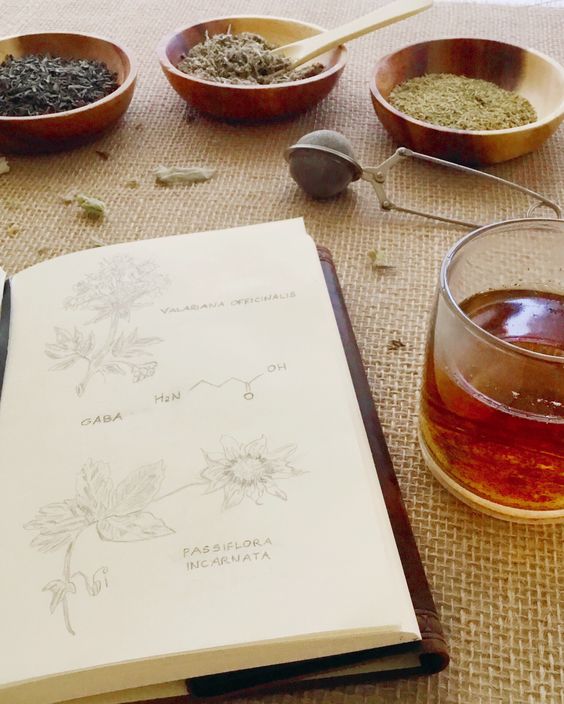July 16, 2024
Natural Self-Healing for Autoimmune Diseases

Hello readers,
In the pursuit of living well despite autoimmune conditions, embracing natural self-healing methods can offer remarkable benefits. This post will guide you through specific herbs, remedies, and dietary choices to help manage autoimmune diseases effectively. Building on our previous discussions about holistic approaches and alternative medicine, let’s explore how to support your health naturally.
Understanding Autoimmune Diseases
Autoimmune diseases occur when the immune system mistakenly targets the body’s own tissues. Common conditions include rheumatoid arthritis, lupus, and Hashimoto’s thyroiditis. While traditional treatments are essential, integrating natural self-healing strategies can enhance your overall well-being and support your body’s healing processes.
The Importance of a Holistic Approach
A holistic approach to autoimmune disease management focuses on the interplay between physical health, mental well-being, and lifestyle choices. Natural self-healing methods can help balance these aspects, offering a comprehensive way to manage symptoms and improve quality of life.
Nutritional Strategies for Autoimmune Health
Incorporating Anti-Inflammatory Foods: Diet plays a pivotal role in managing autoimmune diseases. Emphasise anti-inflammatory foods to help reduce inflammation and support immune function. Here are some vegan and gluten-free options to include in your daily diet:
- Leafy Greens: Spinach, kale, and Swiss chard are rich in vitamins and antioxidants that help combat inflammation.
- Berries: Blueberries, strawberries, and raspberries are packed with antioxidants and fibre.
- Fatty Fish Alternatives: While fish is not vegan, chia seeds, flaxseeds, and walnuts provide essential omega-3 fatty acids, which are known for their anti-inflammatory properties.
- Turmeric: Incorporate turmeric into your meals or smoothies. Curcumin, the active compound in turmeric, has potent anti-inflammatory effects.
- Ginger: Fresh ginger root can be added to teas, smoothies, or dishes. It helps reduce inflammation and supports digestive health.
Sample Recipe: Turmeric & Ginger Smoothie
- Ingredients:
- 1 cup almond milk (or other plant-based milk)
- 1 banana
- 1 teaspoon fresh grated ginger
- 1 teaspoon turmeric powder
- 1 tablespoon chia seeds
- A handful of spinach
- Method:
- Blend all ingredients until smooth.
- Serve immediately for a refreshing, anti-inflammatory boost.
The Power of Mind-Body Techniques
Mind-body practices can significantly impact autoimmune disease management by reducing stress and promoting relaxation. Here are some techniques to integrate into your routine:
- Yoga: Gentle yoga poses and stretches can improve flexibility, reduce pain, and lower stress levels. Consider joining a local class or following online routines designed for autoimmune conditions.
- Meditation: Regular meditation practice helps manage stress and promotes emotional well-being. Try mindfulness meditation or guided visualisation exercises to support your healing journey.
- Deep Breathing: Simple deep breathing exercises can help calm the nervous system and reduce anxiety. Practice deep breathing for a few minutes each day to enhance relaxation.
Herbal Remedies and Natural Supplements
Several herbs and natural supplements can support autoimmune health. Always consult with a healthcare professional before starting new supplements, especially if you are on medication.
- Ashwagandha: Known for its adaptogenic properties, ashwagandha helps manage stress and supports immune function. It can be taken as a supplement or in tea form. (but be aware that this herb may be in contrast with classic-western-medicine treatments)
- Boswellia: Boswellia extract has anti-inflammatory properties and can help reduce joint pain associated with autoimmune conditions.
- Elderberry: Elderberry is rich in antioxidants and can help strengthen the immune system. It’s available in syrup or supplement form.
- Milk Thistle: This herb supports liver health, which is essential for detoxification and overall immune function.
Lifestyle Changes to Support Healing
Making small yet impactful lifestyle changes can enhance your self-healing journey:
- Regular Physical Activity: Engage in low-impact exercises like walking, swimming, or cycling to maintain joint mobility and overall health.
- Quality Sleep: Prioritise good sleep hygiene by establishing a regular sleep schedule and creating a restful sleep environment.
- Stress Management: Incorporate stress-reducing activities into your daily routine, such as hobbies, spending time in nature, or practising relaxation techniques.
Practical Tips for Starting Your Self-Healing Journey
Embarking on a self-healing journey requires commitment and patience. Here are some actionable steps to begin:
- Create a Balanced Meal Plan: Start by incorporating more anti-inflammatory foods into your diet. Plan meals that include turmeric, ginger, and leafy greens.
- Practice Mindfulness: Dedicate time each day to yoga, meditation, or deep breathing exercises.
- Explore Herbal Remedies: Consult with a healthcare professional about incorporating herbs like ashwagandha or Boswellia into your routine.
- Join Supportive Communities: Connect with others on similar journeys through online forums or local support groups.
Embracing natural self-healing strategies can empower you to manage autoimmune diseases more effectively. By focusing on nutrition, mind-body techniques, and lifestyle changes, you can support your body’s innate ability to heal and improve your quality of life. Remember, this journey is personal and unique to each individual. Find what resonates with you and remain dedicated to your health and well-being.
Grab a cup of tea, take a deep breath, and start your journey towards natural self-healing. Your body, mind, and spirit will thank you.

